Carbon neutrality
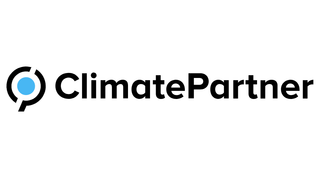
We are addressing our carbon emissions by partnering with Climate Partner to compensate for our production footprint.
By the end of 2024 we will compensate for over 90% of carbon emissions.
HOW IT WORKS
MEASURE
We have reviewed our supply chain and calculated the greenhouse gas emissions generated through the manufacturing and transportation of our products.
OFFSET
We have partnered with Climate Partner to compensate for our carbon footprint. We are investing in ocean protection and afforestation projects across the globe.
REDUCE
We have reduced our use of plastic and electricity. With continued research + development, we are on a mission to further reduce our CO2 emissions to reach carbon neutrality by 2026.
Ocean Protection
We are supporting protection initiatives and will save close to 2 million plastic bottles from reaching our oceans this year. This benefits underdeveloped communities while protecting our marine life.
Afforestation
We are supporting the reforestation of degraded agricultural land. This project supports farming families cultivate the land while restoring the forests to create habitats for animal and plant species.
Solar Energy
We are supporting the creation of solar
parks in India to provide solar derived energy to local consumers. Our
sustainable efforts contribute directly to providing renewable energy
and saving over 326K total tons of CO2.
Through our Climate Partner Partnership, we have offset over 6,600 metric tonnes of CO2. That's equal to...
17,124,229 miles driven by an average gasoline-powered passenger vehicle
1,321 homes’ electricity use for one year
7,378,970 pounds of coal burned
442,015,633 number of smartphones charged
Contribution To UN Sustainable Development Goals
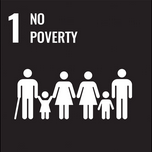
Members receive a fair & stable income for the plastic they collect. Plastic Bank pays additional incentives to further improve quality of life and access to life necessities.
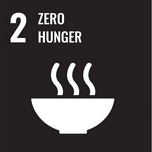
Plastic Bank branches offer fresh food in exchange for collected plastic. Most of this food is locally sourced and carries high nutritional value.
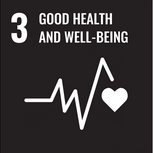
Depending on location, members can redeem plastic for first aid kits, health insurance, or other needs. Removing plastic from water supplies helps to create cleaner living environments.
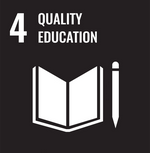
In Haiti, members can use plastic to pay for their child’s school tuition. A zero-tolerance policy on child labour is supported by Plastic Bank's commitment to keep children in school.
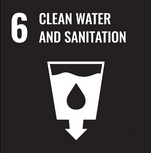
Members can exchange plastic for clean drinking water. Corporate partners help to provide soap, shampoo and other sanitation products to the member communities. The removal of plastic from waterways reduces the toxicity of local water supplies.
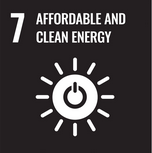
Members can exchange plastic for portable solar-powered lamps, which also serve as a powerbank that can charge phones and other electronics.
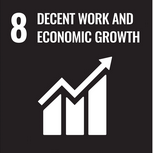
Plastic Bank has created jobs for 2,300 collectors in the world's poorest countries, enforcing strict policies to uphold labour and human rights. It seeks local partners to transport, process, and ship Social Plastic to inject maximum value into the local
economy.
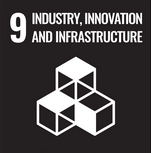
In regions with a lack of waste management infrastructure, Plastic Bank connects shippers, plastics processors, freighters and builds a recycling circular economy.
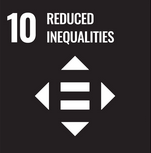
Any adult in need can participate in the program. They can open a secure digital banking account - often the first bank account in their lifetime - that is safe from corruption or theft. This financial inclusion is key to bridging the gap between the
developed world and the underserved.
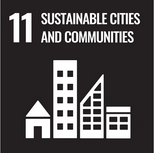
Sustainable, circular economies replace the linear, wasteful models currently in place in developing regions. Redefining the waste strategies of these communities is key to unlock other forms of sustainable development.
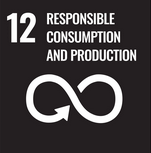
Social Plastic is incorporated into the supply chains of multinational companies to reduce the demand for virgin plastic and alleviate the environmental effects related to plastic production. Consumers can identify the Social Plastic logo on product packaging to help guide responsible consumption choices.
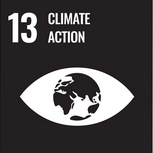
Healthy oceans are vital to stabilising the climate; the wind park in the Philippines generates verified Gold Standard emission reductions.
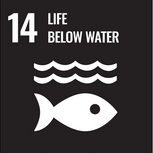
By offsetting one tonne of CO2, 10 kg of plastic are collected. This corresponds to approx. 500 plastic bottles. In this way, the project protects marine life, microorganisms and endangered species.
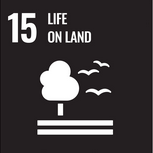
The project helps preserve an entire ecosystem which provides a habitat for many animal and plant species. At the same time, the area is better protected against erosion.





